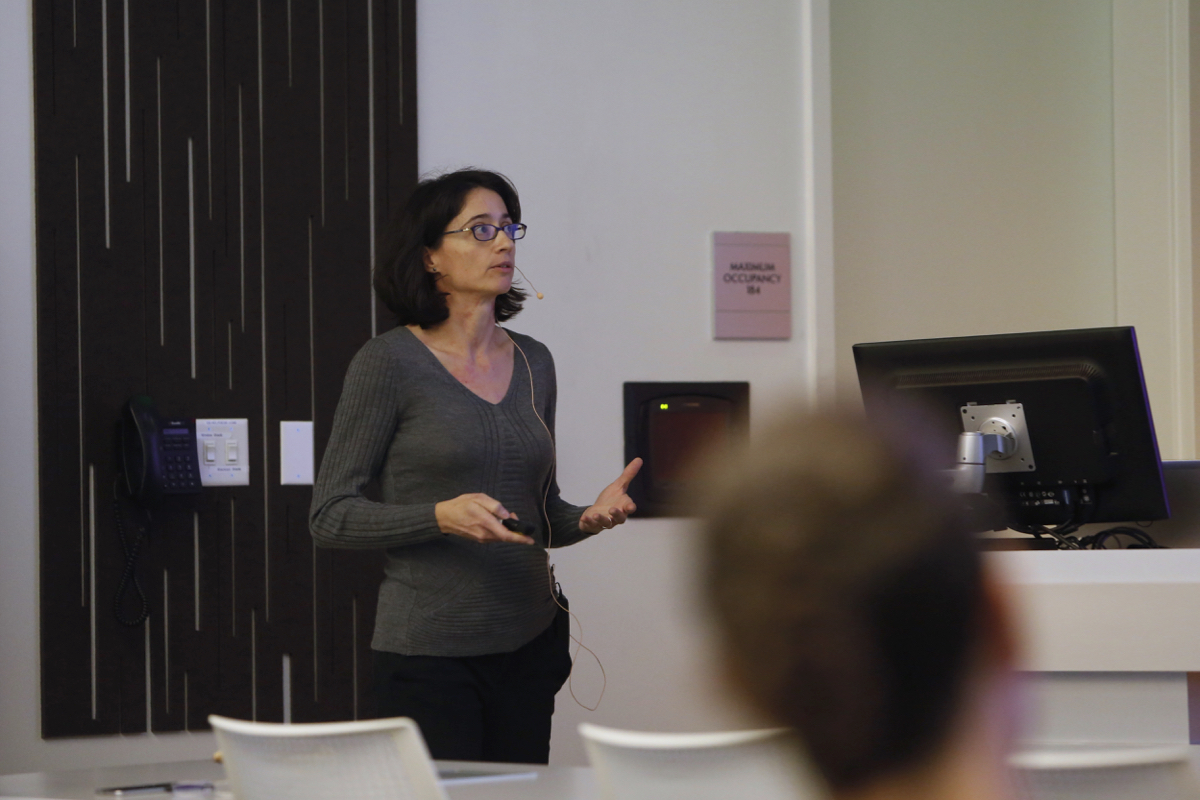ISB’s Moritz Lab Lands NIH Grant to Study Lyme Disease
 isbscience.org/news/2018/11/06/isbs-moritz-lab-lands-nih-grant-to-study-lyme-disease/
isbscience.org/news/2018/11/06/isbs-moritz-lab-lands-nih-grant-to-study-lyme-disease/
Dr. Andrea Varela-Stokes of Mississippi State University, pictured, was a guest speaker at ISB in Seattle on October 25, 2016.
The Moritz Lab has received research funding totaling nearly $525,000 from the National Institute of Allergy and Infectious Diseases of the National Institutes of Health to develop “novel peptide based biomarkers for Lyme disease diagnostics.”
The Moritz group has been at the forefront of the development of whole proteome assay repositories and will apply this technology to Borrelia burgdorferi, the causative agent of Lyme disease, to develop assays of acute infection in patient blood to detect the presence of Borrelia infection.
This work is in collaboration with Drs. Klemen Strle (Massachusetts General Hospital), Melissa Caimano (UConn Health) and Andrea Varela-Stokes (Mississippi State University) to access clinical samples of Borrelia burgdorferi relevant to highly infectious forms of the bacteria, as well as bacteria that is co-cultured with cells from ticks that bite and transfer Lyme disease to humans. Using quantitative selected reaction monitoring (SRM) mass spectrometry, a database of assays targeting invariant Borrelia burgdorferi protein remnants will be developed and tested in patient blood samples as the forerunner to establishing a simplified point-of-care test.
To kick start the Lyme protein diagnostic program, Dr. Varela-Stokes visited ISB on October 25 and gave a lecture on the Lyme vector (tick) hosts and discussed techniques with the Moritz group to perform tick cell and Borrelia bacteria co-culture to manipulate the bacteria into sensing an environment penultimate to human infection.




